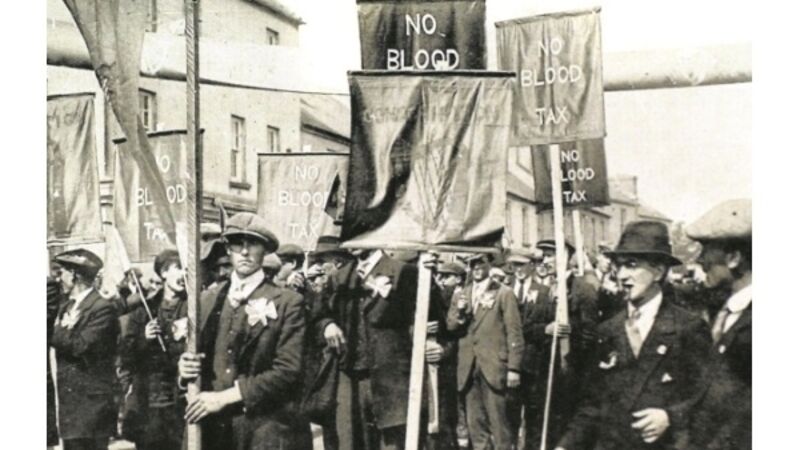1918’s foundation election: All changed and without a shot fired

Today marks the centenary of the most important moment in the long, difficult journey that eventually led to the establishment of an independent, democratic Irish State.
The general election held on December 14, 1918, gave unstoppable momentum to the process that passed an unprecedented milestone this week when Fine Gael and Fianna Fáil agreed to co-operate and defer an election until sometime in the spring of 2020.
















